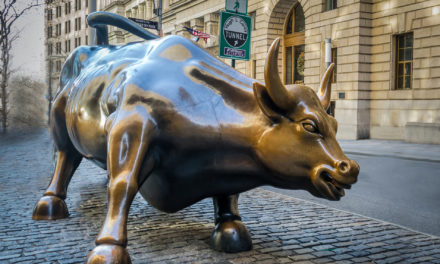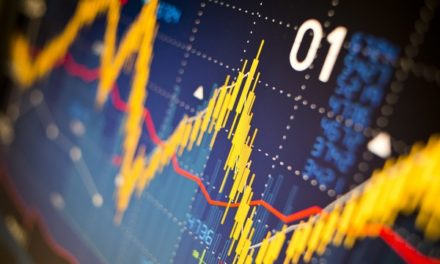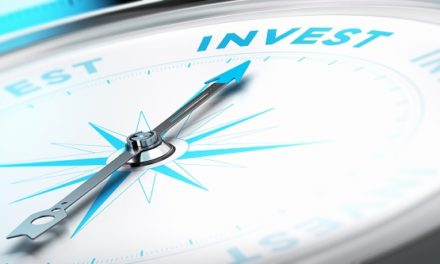
“I buy on the assumption that they could close the market the next day and not reopen it for five years.”
— Warren Buffett
The wisdom of Warren Buffett reflects a value-based philosophy about investing that says investors are buying shares in a business, and encourages strategic thinking about investment time horizon. Before placing a buy order for a stock, a great question we can ask is whether we would still be comfortable making the investment if we couldn’t sell it for many years?
A “buy-and-hold” approach may call for a time horizon that spans a long period of time — maybe even lasting for a five year holding period. Suppose such a “buy-and-hold” investor had looked into buying shares of Thermo Fisher Scientific Inc (NYSE: TMO) back in 2018. Let’s take a look at how such an investment would have worked out for that buy-and-hold investor:
| Start date: | 04/19/2018 |
|
|||
| End date: | 04/18/2023 | ||||
| Start price/share: | $216.99 | ||||
| End price/share: | $584.86 | ||||
| Starting shares: | 46.09 | ||||
| Ending shares: | 46.64 | ||||
| Dividends reinvested/share: | $4.74 | ||||
| Total return: | 172.79% | ||||
| Average annual return: | 22.23% | ||||
| Starting investment: | $10,000.00 | ||||
| Ending investment: | $27,282.81 | ||||
The above analysis shows the five year investment result worked out exceptionally well, with an annualized rate of return of 22.23%. This would have turned a $10K investment made 5 years ago into $27,282.81 today (as of 04/18/2023). On a total return basis, that’s a result of 172.79% (something to think about: how might TMO shares perform over the next 5 years?). [These numbers were computed with the Dividend Channel DRIP Returns Calculator.]
Dividends are always an important investment factor to consider, and Thermo Fisher Scientific Inc has paid $4.74/share in dividends to shareholders over the past 5 years we looked at above. Many an investor will only invest in stocks that pay dividends, so this component of total return is always an important consideration. Automated reinvestment of dividends into additional shares of stock can be a great way for an investor to compound their returns. The above calculations are done with the assuption that dividends received over time are reinvested (the calcuations use the closing price on ex-date).
Based upon the most recent annualized dividend rate of 1.4/share, we calculate that TMO has a current yield of approximately 0.24%. Another interesting datapoint we can examine is ‘yield on cost’ — in other words, we can express the current annualized dividend of 1.4 against the original $216.99/share purchase price. This works out to a yield on cost of 0.11%.
More investment wisdom to ponder:
“You don’t need to be a rocket scientist. Investing is not a game where the guy with the 160 IQ beats the guy with 130 IQ.” — Warren Buffett



